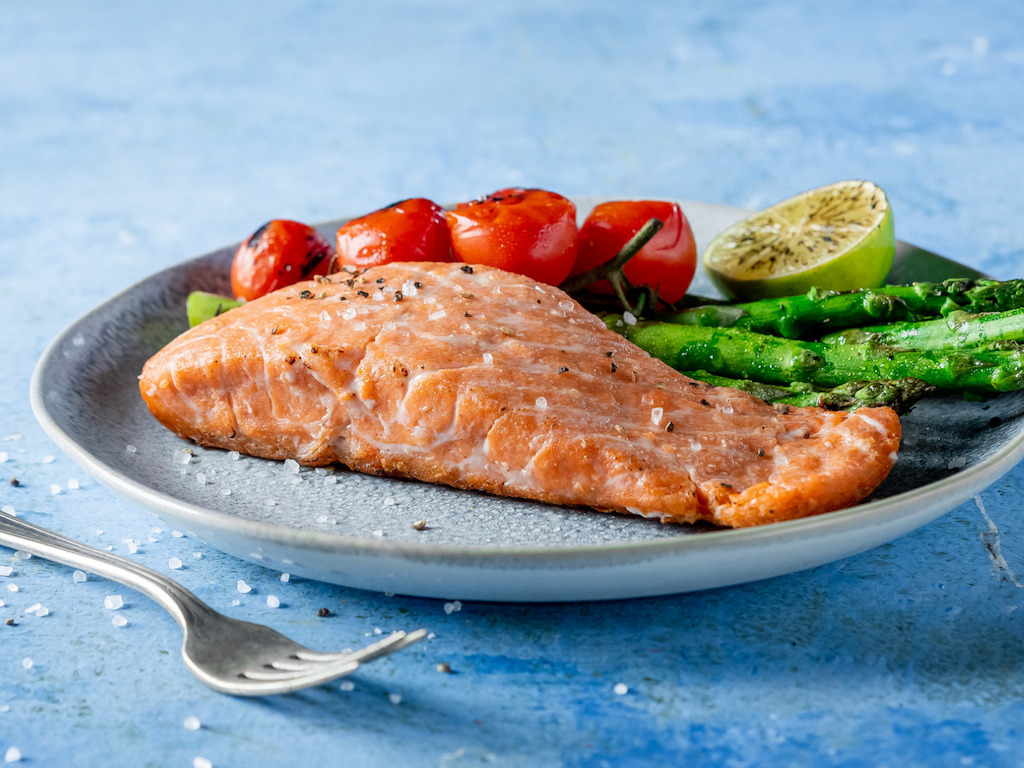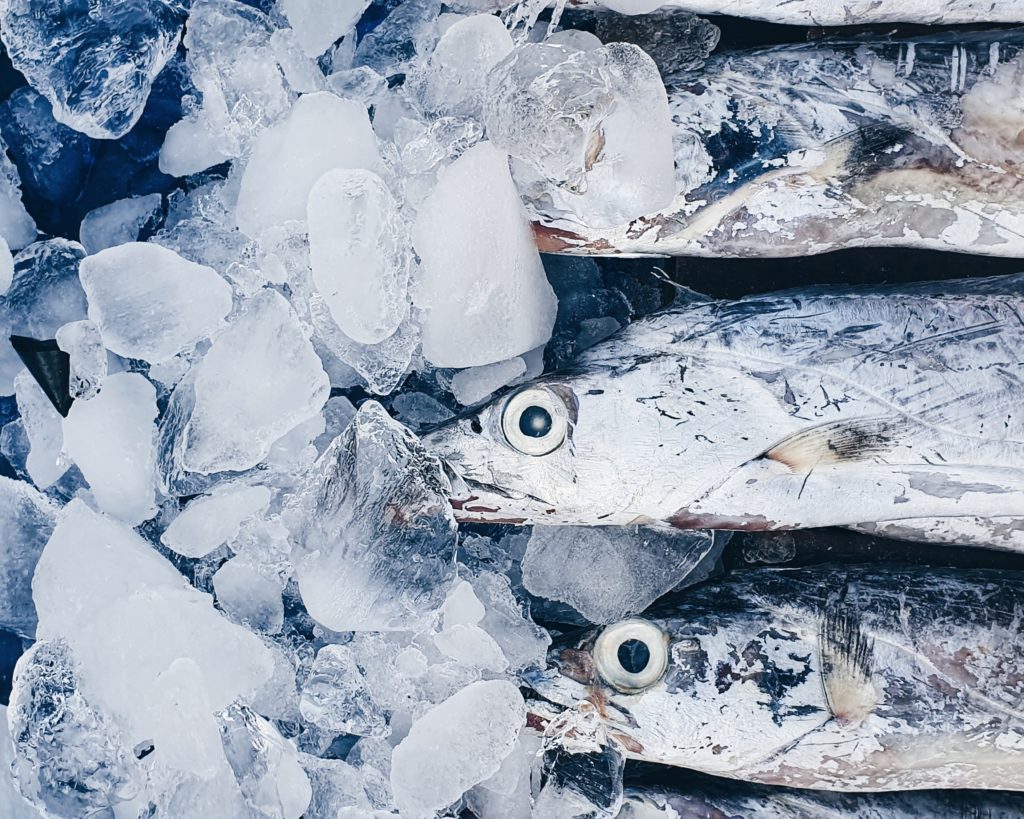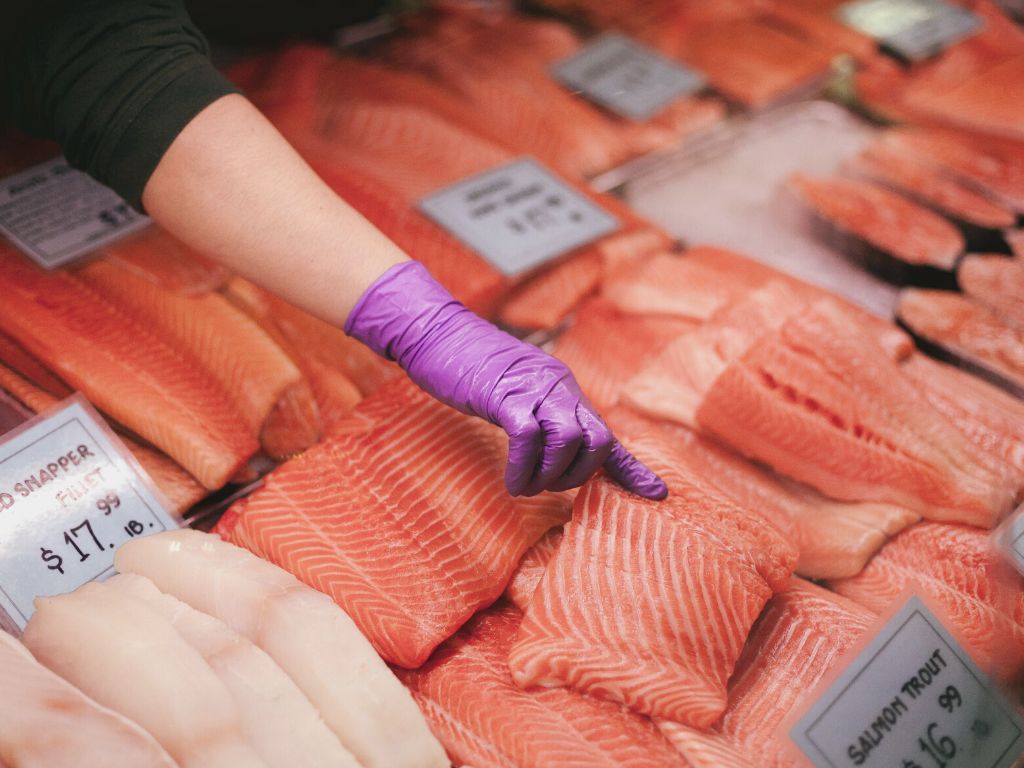Upstream Foods Says Cultivated Fat Will Help Plant-Based Seafood Market Surge
3 Mins Read
When it comes to seafood alternatives, the choices are limited. Dutch start-up Upstream Foods aims to change that by cultivating fat from salmon cells for the plant-based seafood market.
The alternative seafood sector has seen significant growth in the U.S., with both dollar and unit sales experiencing a 53 percent increase last year, according to the Good Food Institute (GFI). This upward trend is expected to continue. But to truly appeal to mainstream consumers, alternative seafood needs to elevate its quality.
As consumer demand for sustainable alternatives continues to grow, companies like Upstream Foods are striving to meet the challenge and provide high-quality options. Upstream Foods’ innovative approach to cultivating salmon cell fat for use in plant-based seafood aims to revolutionize the industry.
‘Next level fat’
Kianti Figler, founder and CEO of Upstream Foods, emphasized the need for improved product quality during her speech at F&A Next, an event hosted by Rabobank, Wageningen University & Research, Anterra Capital, and StartLife. She acknowledged that the current offerings do not yet match the taste and quality expected by consumers, Food Navigator reports.

“When we’re talking about taste, we’re talking about fat,” she said at the event. “To take plant-based seafood to the next level, we need next level fat.”
According to recent TURF analyses, the main reasons consumers would choose plant-based seafood are flavor (78 percent), the potential to reduce overfishing (7 percent), omega-3 content (3 percent), lack of bones (1 percent), and contribution to reducing plastic waste (1 percent). GFI suggests that once consumers have a positive impression of alternative seafood flavors, messaging focused on these additional benefits can make the products more appealing.
Figler agrees with this approach and believes that taste and fat are closely linked. Upstream Foods’ solution involves cultivating fish fat from salmon cells through cellular agriculture. The company develops a proprietary cell line from salmon cells, cultivates them in a bioreactor, and then combines the fat with a plant-based matrix.
Scaling up
Upstream Foods is currently optimizing its salmon cell line and establishing its process at a lab-scale. The company foresees the main challenge in scaling up will be reducing production costs.
Figler acknowledges that cost efficiency is a significant hurdle faced by the entire industry, as the infrastructure has primarily been designed for the pharmaceutical sector, lacking incentives for ingredient cost reduction.

“Making this entire process cost efficient is, I think, the biggest challenge we’re all facing,” Figler said.
While Figler expressed a desire to enter the European market first, she noted that the time-consuming process of submitting a Novel Foods application to the European Food Safety Authority (EFSA) might not be feasible for a start-up. Instead, Upstream Foods plans to focus on the U.S. market, aiming to scale its process and file for regulatory approval within four years.
The road to market entry involves developing a proof of concept with global plant-based seafood players, followed by raising €3 million in seed funding. Upstream Foods plans to scale its process to 30L and then 100L, with further increases in scale before seeking regulatory approval in the U.S.
While Europe may not be the initial market for Upstream Foods due to the challenges associated with EFSA approval, the company remains optimistic about the future of plant-based seafood and the potential to offer quality products that satisfy consumers’ taste preferences while delivering health benefits and affordability.



